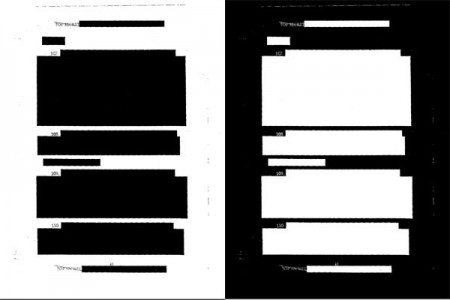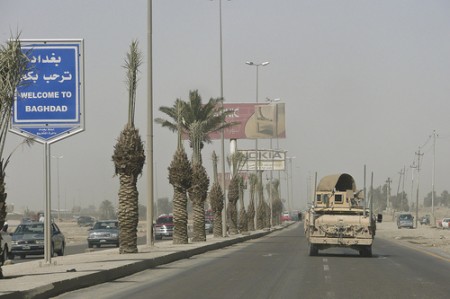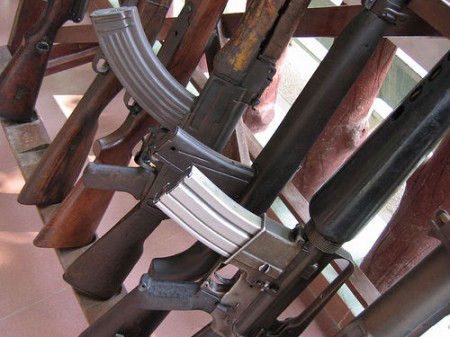The CIA has disclosed a long-awaited report on its controversial interrogation methods as part of President Obama’s transparency promise. On his second day in office, he signed an executive order strengthening the Freedom of Information Act.
So now is the time for the public to read that █████ ███ ██ █████████ █ █████████ █████. And even more is revealed, e. g. ██████████ ██ ████ ███████ █ ███ █ ███████. If you have no idea by now, better ████████████████ ████ ████████ █ ██████ ██ ████████, because ████████████████████████ ██████ ██ ██ ██████████████.

In the future, the newly created “High Value Detainee Interrogation Group” will handle the questioning of high-level prisoners. It is led by the FBI and will act in strict accordance with the the US Army field manual on interrogations, the █████████. I’m sorry, this one, the FM 2-22.3, is of course “approved for public release; distribution is unlimited”.
If it is approved for public release, it cannot be bad, right? And if CIA spokesman Paul Gimigliano notes that “The CIA in no way endorsed behavior – no matter how infrequent – that went beyond formal guidance. This has all been looked at. […] That’s how the system was supposed to work, and that’s how it did work,” then I wonder whether that formal guidance was blacked out in the first place, too?



